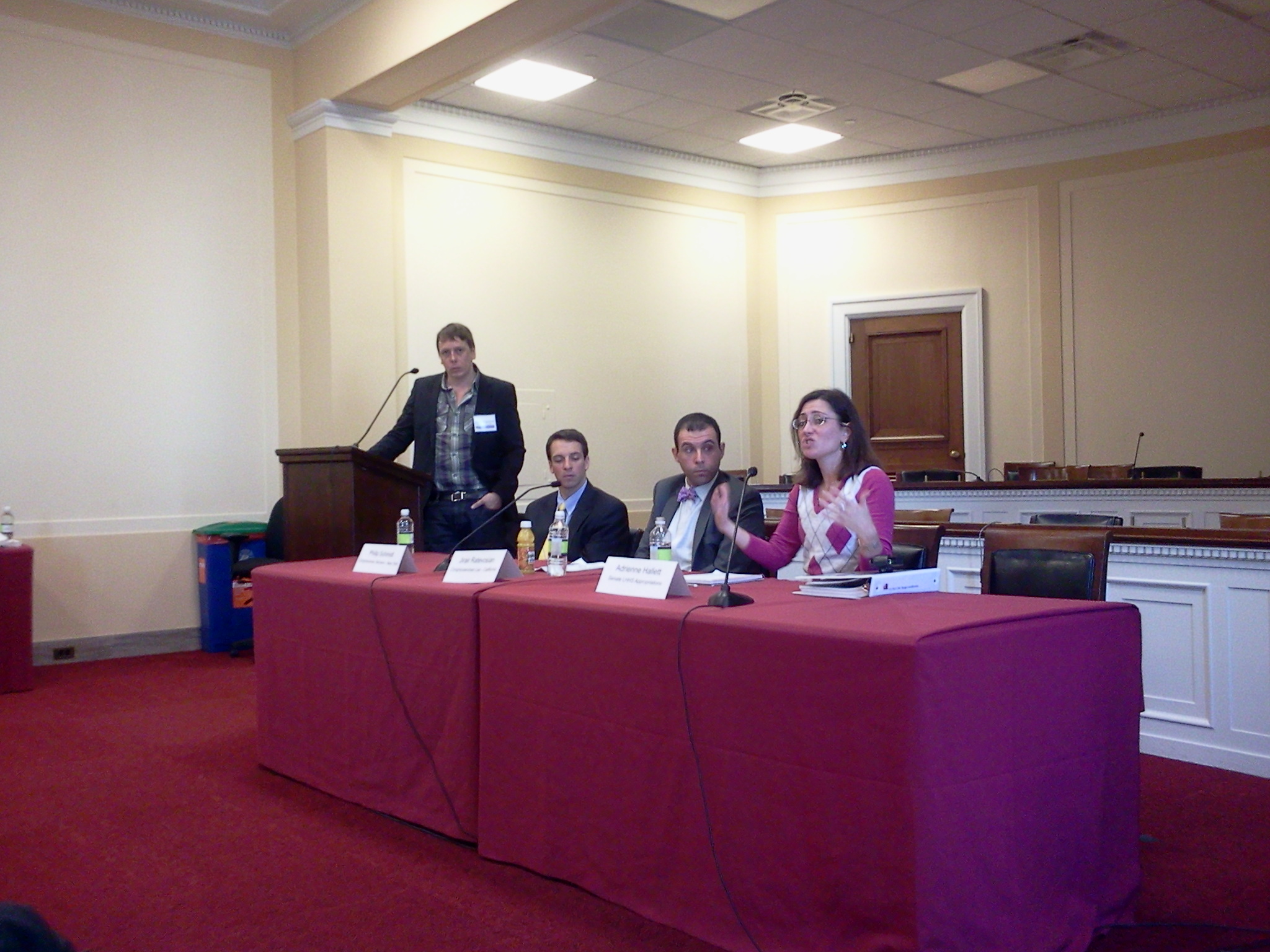Yesterday the Hepatitis B Foundation participated in the American Association for the Study of Liver Diseases (AASLD) annual “Liver Capitol Hill Day” visits. This is a great opportunity to get in front of state Senators and Congressmen in order to make requests known to them. It is also an opportunity to educate. As a constituent, your state representatives are interested in what you have to say. The “Asks” for the day were to support funding for liver related research, prevention strategies, and support of liver patient access to quality medical care. Specifically, we were asking for NIH funding growth, rather than the 20% cut over the last decade, along with support of government agencies such as the CDC Division of Viral Hepatitis, and the delivery of health care systems and payment policies for patients living with liver diseases. Prevention is also critical with specific asks for new, one-time hepatitis C testing and screening for hepatitis B for at-risk patients. As we are all aware, budgets are tight and we will all soon feel the effects of the Sequester. Research programs may no longer be funded, or severely cut, public health agencies and programs will be cut, and patients who are currently receiving medical assistance will suffer. For treated patients with HBV, it is essential nothing interrupts the daily antiviral use, and of course HBV and liver cancer prevention through screening, vaccination and surveillance is both necessary and cost effective in the long run.
Due to the Sequester, the day started in a panic for many Hill visitors. I was fortunate to arrive early – a good thing since I waited in a long security line for 45 minutes that wrapped around the building. As Maryland residents, Dave Li and I met with staff from both Senator Ben Cardin’s (D) and Senator Barbara Mikulski’s (D) offices. Senator Mikulski was recently appointed the Chairperson of the U.S. Senate Appropriations Committee. This means she will have a great deal of influence on budget and spending decisions. We were told that due to the Sequester, the Continuing Resolution (CR) will remain in place for the remainder of the 2013, but Senator Mikulski is optimistic that the FY14 and future funding for the NIH, specifically, will be maintained. As a Maryland Senator, this is extremely important to Sen. Mikulski on many fronts. Senator Cardin has been making visits to agencies in MD, including the NIH, and researchers are frustrated they are unable to do their work. Both Senator Cardin and Senator Mikulski support federal agencies (such as the CDC, Division of Viral Hepatitis, Public Health Agency etc.) and initiatives that provide care and services to meet the health care needs of Marylanders. Fortunately this supports the Health and U.S. Health and Human Services (HHS) Viral Hepatitis Action Plan initiatives, since both Senators are supportive of prevention and surveillance initiatives. Dave and I walked out of our Senate meeting feeling pretty good.
Unfortunately, the outlook was not so optimistic on the House side. We visited staffers from Congressman Chris Van Hollen and Congressman Elijah Cummings offices. Although they are working on budgets, they are meeting with opposition and resigned to deep cuts in their supported programs. Congressman Cumming’s staffer was pleased to hear an optimistic viewpoint from Mikulski’s office. Although clearly mixed signals from our House and Senate meetings, we can only hope that Congress will eventually work together and move forward with continued funding of agencies and programs that support those living with liver disease.
Please remember that your state Senators and Representatives have been voted to serve YOU. It is imperative that your voice be heard. If you don’t let them know what is important to you, important programs and agencies will be drastically cut. You do not need to be a political machine to participate. Don’t know your Representative? Find your Rep. on-line by putting in your zip code or state to learn who you need to contact. Find your Senator, Governor and Congressmen here. Call the Capitol switchboard’s toll free number at 1-888-876-6242 , or send an email or letter with your asks, and your personal stories. Be sure your message is clear and concise, and personalize it if you can. You can visit your Representative or Senator when you are visiting Washington, D. C., or in the local, state office. Let your voice be heard – especially during this very difficult time.












